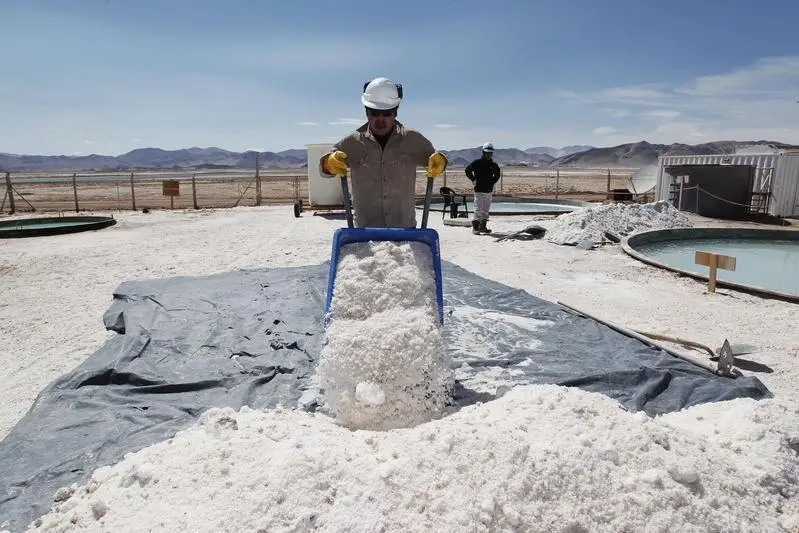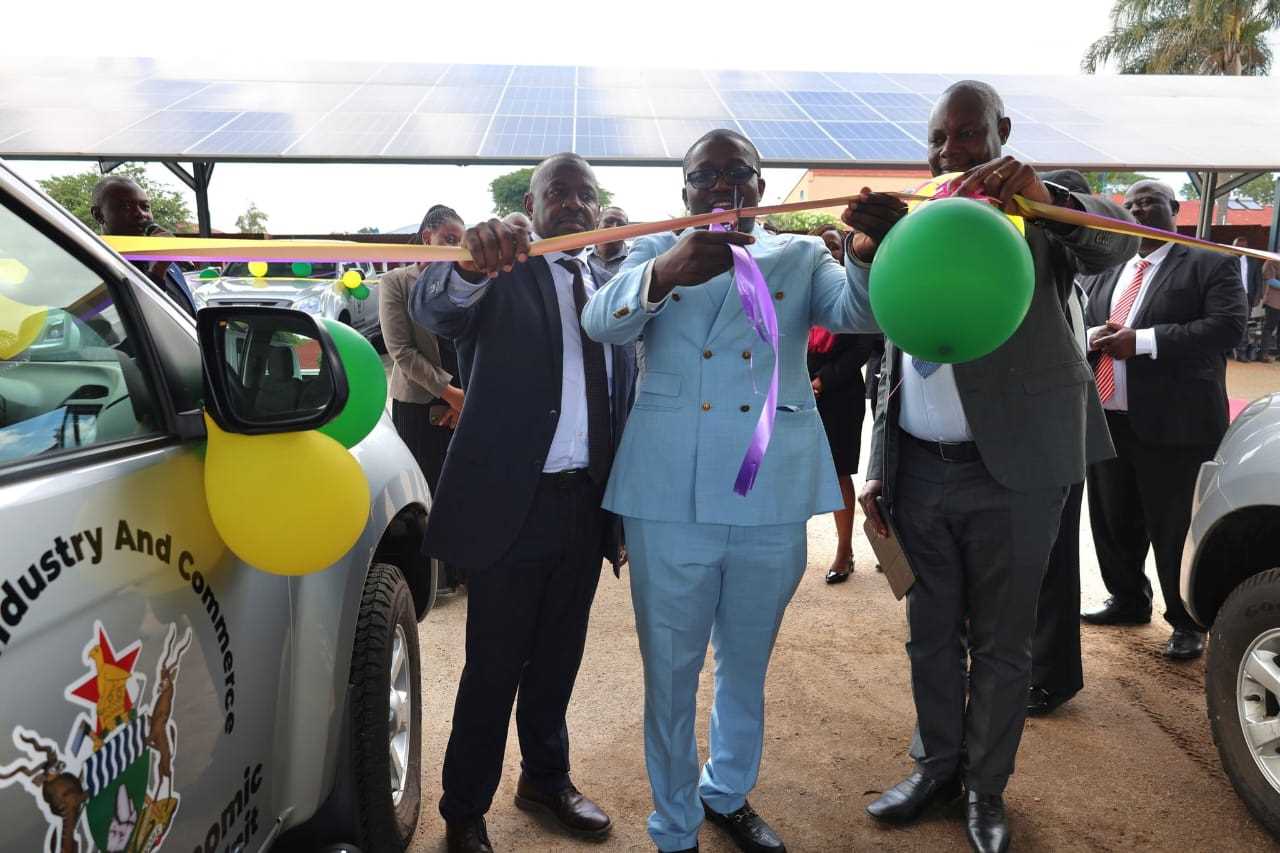
Philemon Jambaya
For years, Mary Mututse and her fellow community members watched as mining companies came and left, extracting valuable resources from the ground and leaving little, if anything, behind for the local population.
But that changed when some Chinese owned mining firms began partnering with local communities to develop and exploit lithium deposits in the area.
Mututse is part of a group of women who have banded together to form a cooperative, Musha Mukadzi, a group of 30 women working with Mutoko Lithium (Private) Limited to mine and process the lithium.
The cooperative is a game change for the women who were stuck in low revenue back breaking peasant farmer and domestic work that is typical of rural life.
“We used to struggle to make ends meet, but now we have a steady income and we’re able to support our families,” Mututse says.
The lithium deposits in Mutoko are some of the largest in the world, but until recently, they remained largely untapped.
As the world shifts towards clean energy, the demand for lithium has spiked and Zimbabwe is well-positioned to become a major player in the global lithium market, with expectations it has the potential to produce 20% of world’s total lithium.
More than 50% of lithium mined is used in batteries. This use has recently increased rapidly, spurring an increase in mining of the mineral to satisfy a ready market. Lithium is mixed with other light metals such as aluminum and magnesium to form strong, light-weight alloys.
Related Stories
But with the global demand for lithium on the rise, the government has begun to take notice of the country's potential wealth. In 2018, Zimbabwe signed a $1.4 billion deal with a Chinese firm to develop a lithium mine in the country and since then, other deals have followed.
In an effort to add value and curb lithium smuggling through the country's porous borders to neighbouring nations including South Africa, the government banned the export of unprocessed lithium beginning December last year.
The partnerships between Chinese companies and local communities have been a key part of the government’s strategy to develop the mining industry while ensuring that the benefits are shared with the population.
“We want to make sure that the mining industry benefits everyone, not just a few,” says Winston Chitando, Zimbabwe’s Minister of Mines and Mining Development.
“We’re working with our international partners to make sure that the local communities are involved in the mining process and that they share in the profits.”
For Mututse and her fellow cooperative members, the benefits are clear. They receive training and equipment from the mining companies, and they are paid a fair wage for their work. They also receive a share of the profits from the sale of the lithium.
But the benefits go beyond just the financial. The cooperative provides a sense of community and empowerment for the women, who are able to work together and support each other in a male-dominated industry.
Director of the Centre for Natural Resource Governance Farai Maguwu says partnerships with locals is a good initiative as the resources will also benefit them.
“Its central to mining-led development and a critical component for reversing the resource curse. The ultimate value retained in the country is determined by the level of participation of locals in mining.
“If locals are shareholders, it means they benefit from the profits generated by mining ventures as opposed to the current situation where the highest form of participation by locals in mining is holding management jobs.
“Women participation will go a long way in addressing gender equality and improving livelihood options available to women in Zimbabwe,” Maguwu says.



















Leave Comments